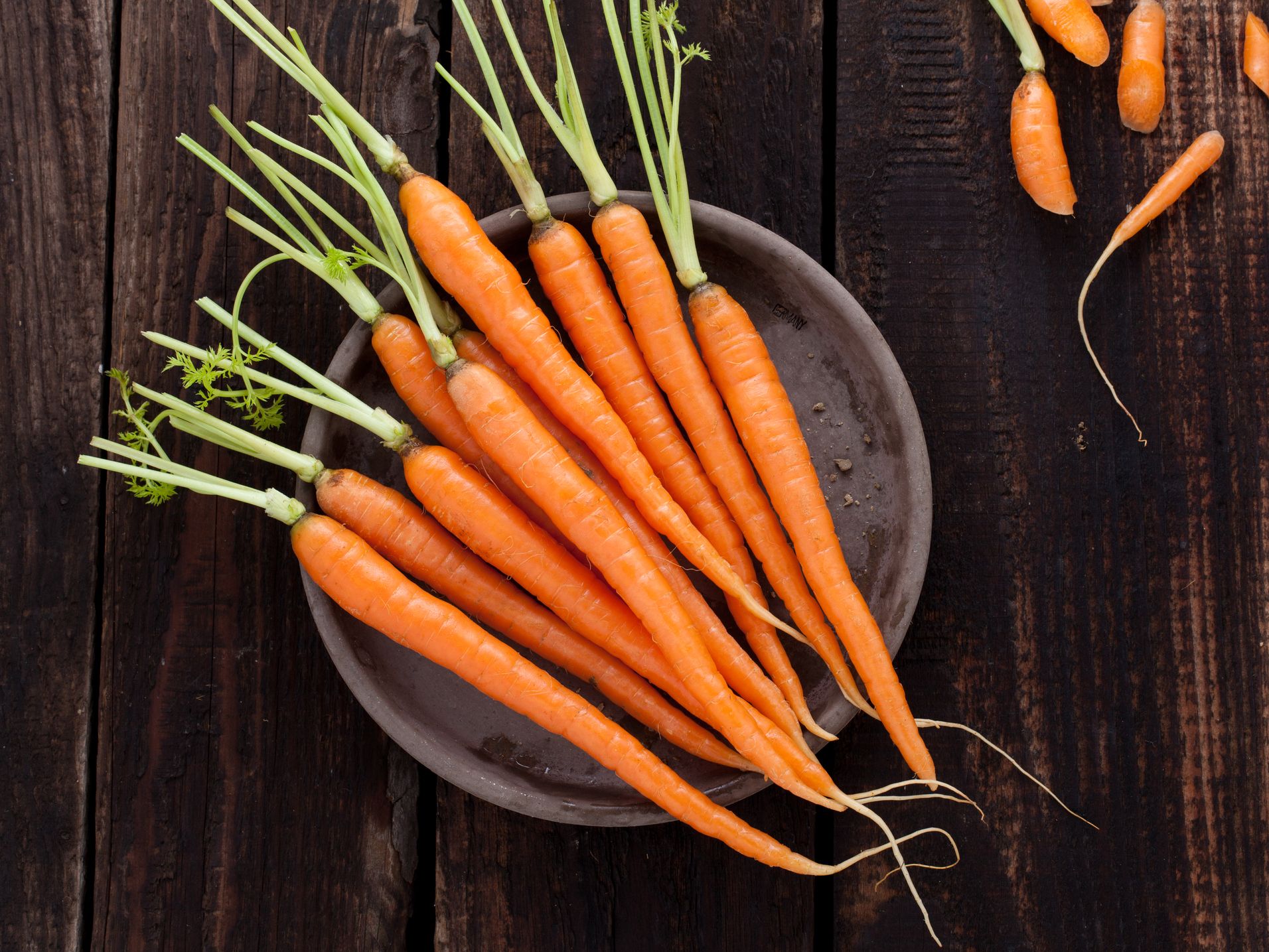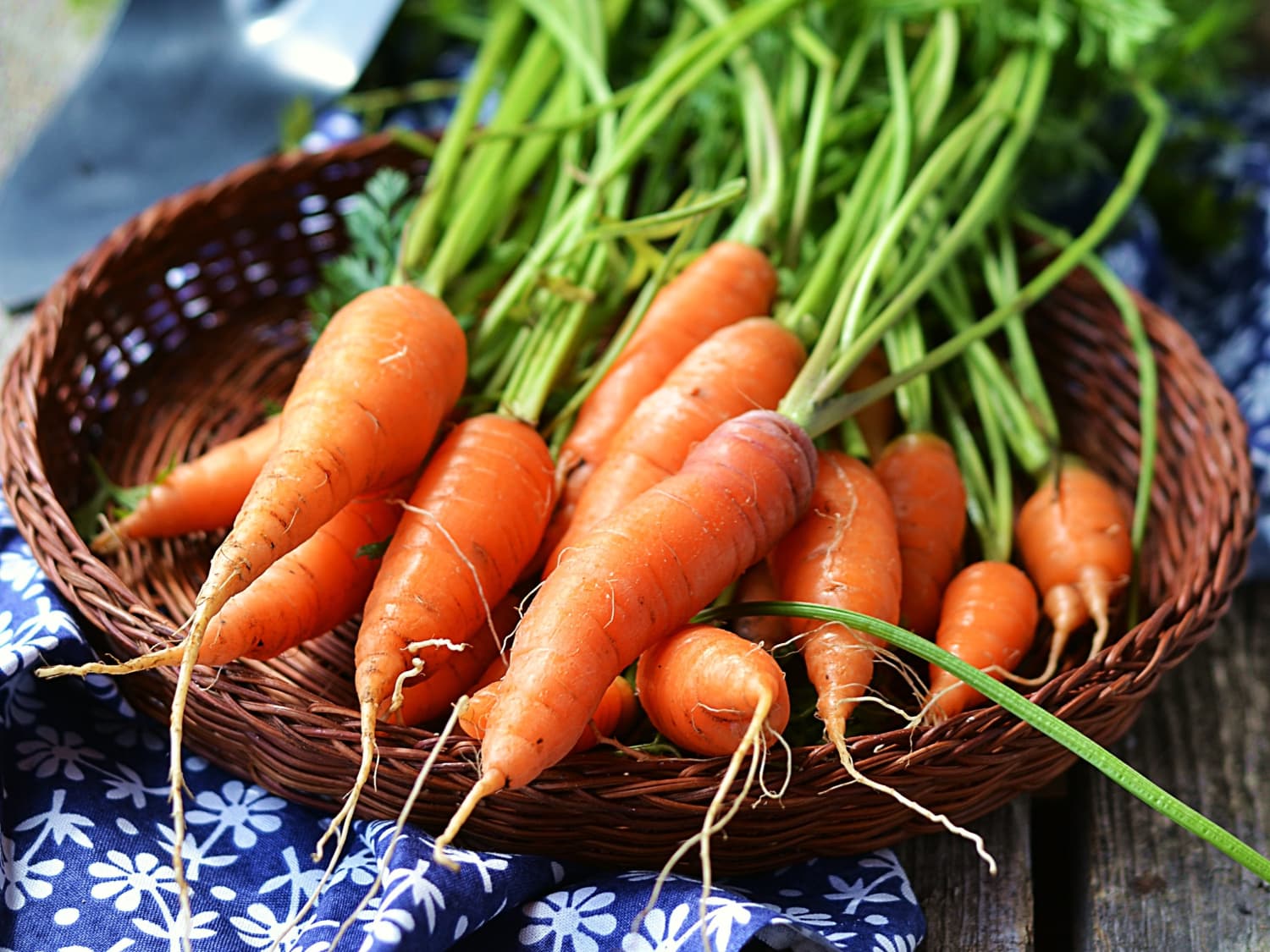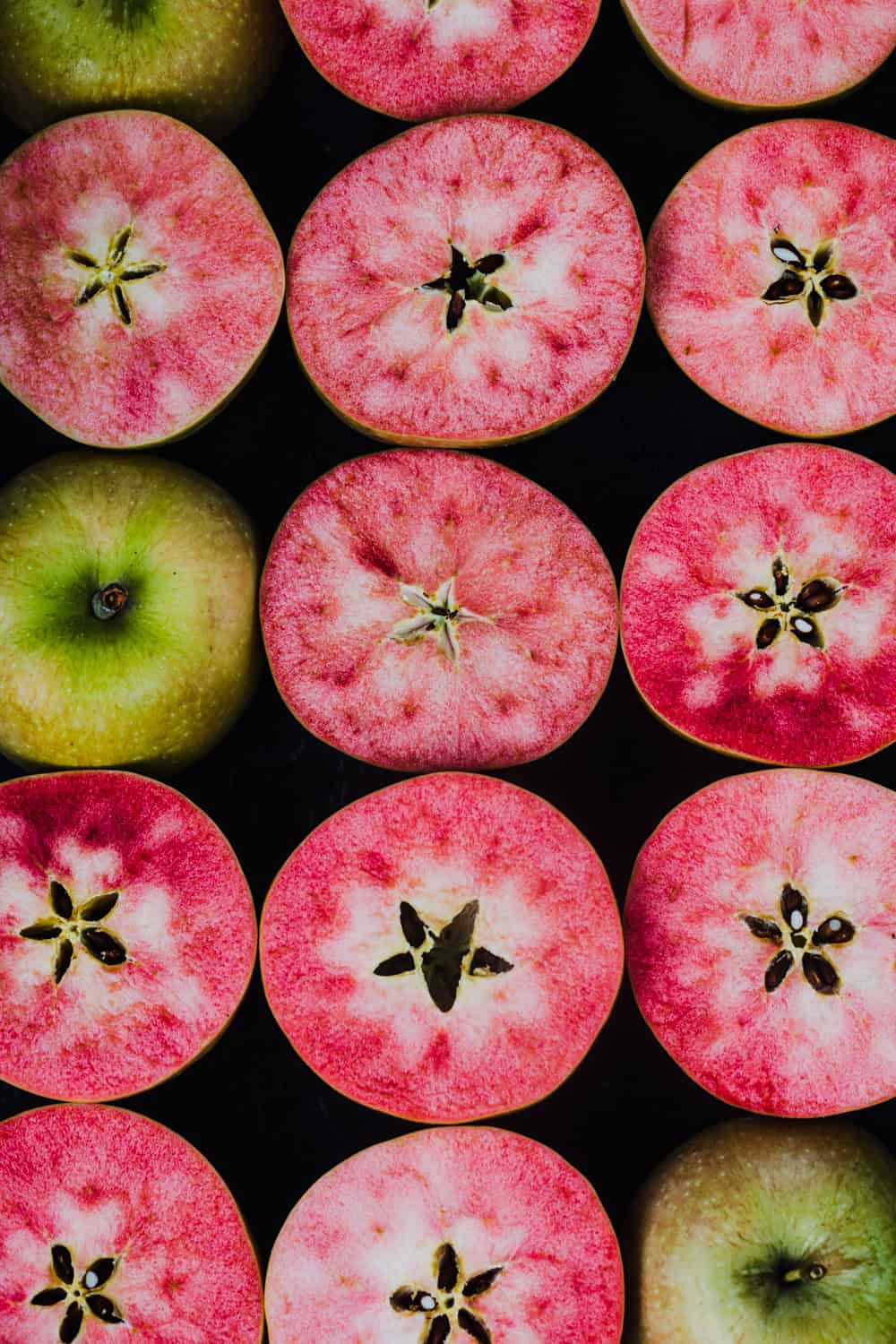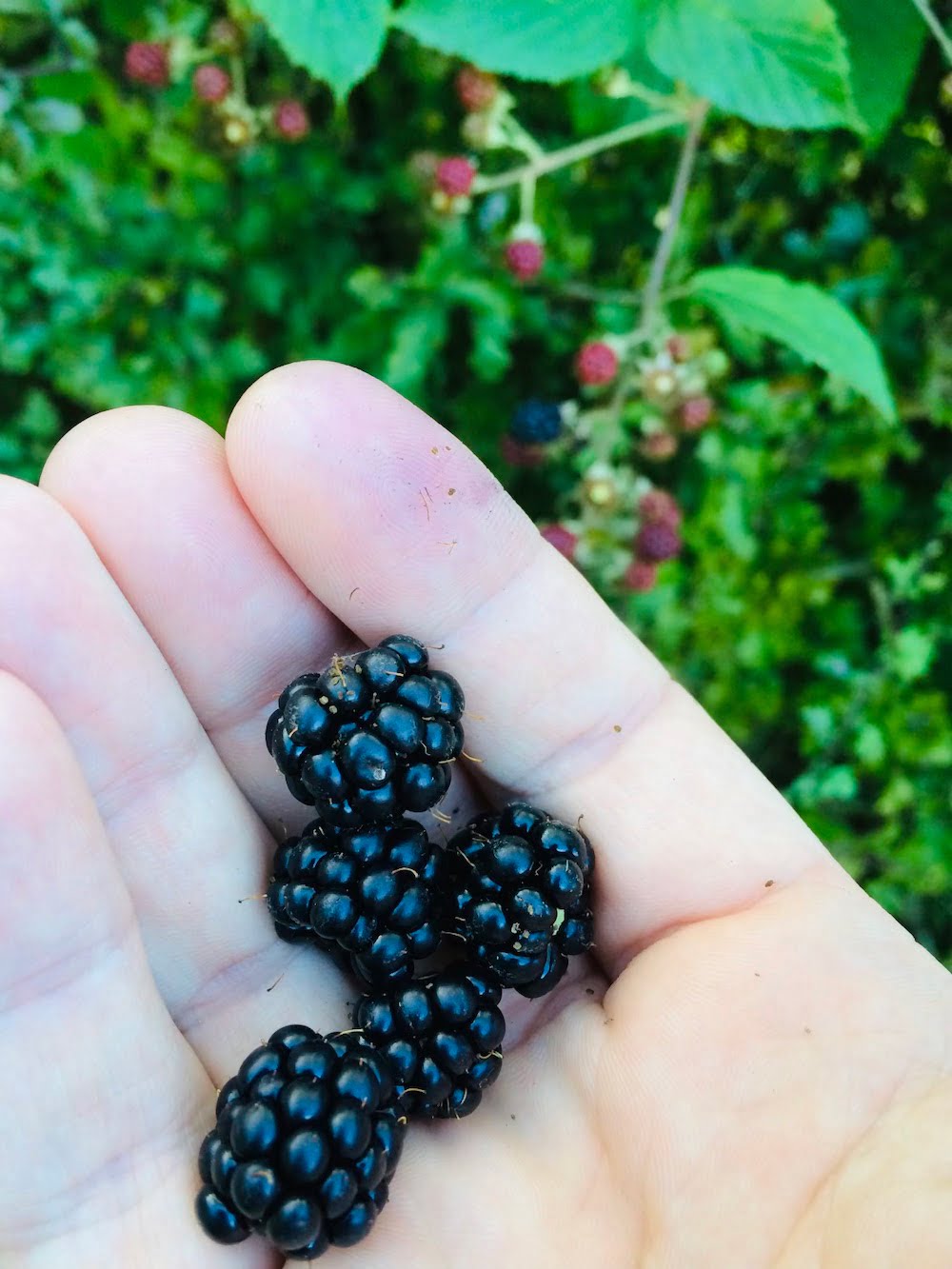Have you ever taken a bite of a seemingly innocent carrot only to be met with a surprising taste of soap? It’s a perplexing mystery that many have encountered but few understand. This article aims to unravel the enigma of why some carrots taste like soap. By exploring potential factors such as genetics, soil composition, and processing techniques, we hope to shed light on this peculiar phenomenon and provide some possible explanations for this puzzling occurrence. So, if you’ve ever wondered why your carrots occasionally leave a soapy aftertaste, read on to uncover the secrets behind this mysterious flavor profile.
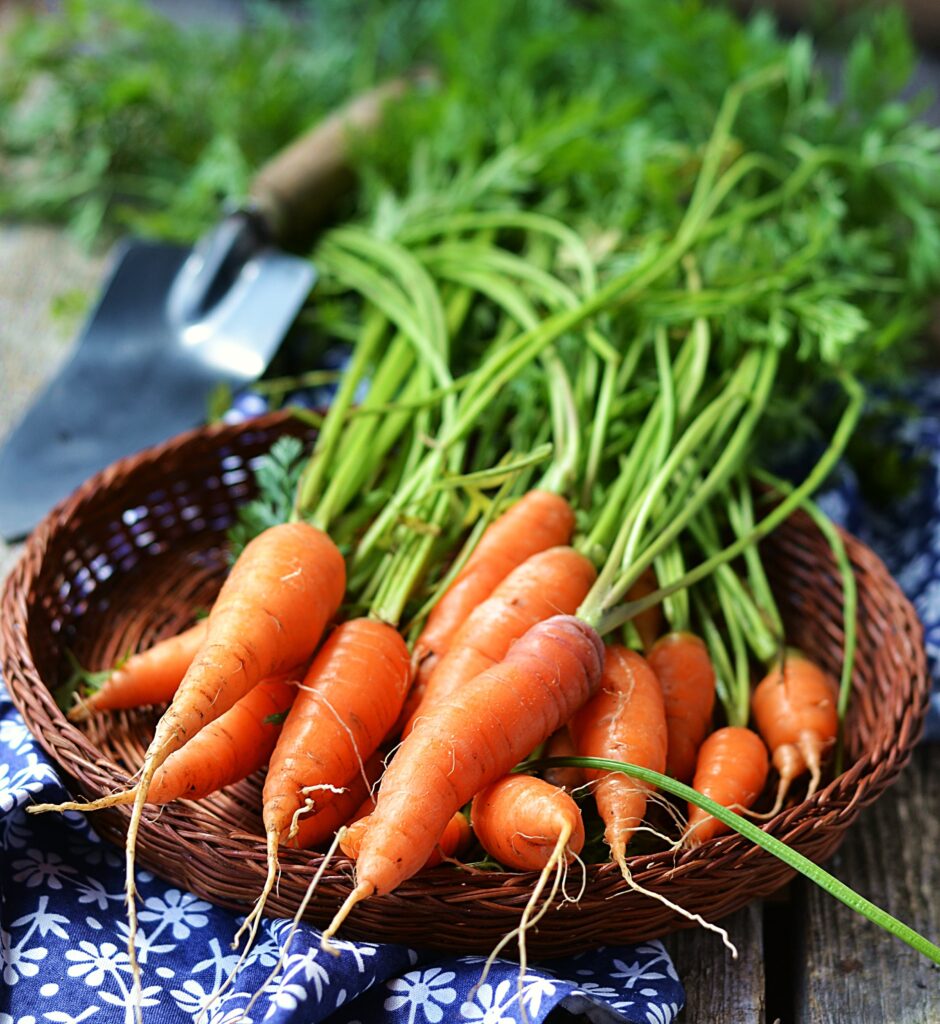
Possible Causes of Carrots Tasting Like Soap
Have you ever taken a bite of a carrot and been met with an unpleasant, soapy taste? If so, you’re not alone. Many people have experienced this phenomenon, leaving them wondering why some carrots taste like soap. While the exact cause may vary from person to person, there are several potential factors that could contribute to this peculiar flavor. In this article, we will explore the possible causes of carrots tasting like soap, including genetic variation, the presence of volatile compounds, cross-contamination with soap, the effect of soil composition, and the reaction with chemicals in water. Understanding these factors can help us shed some light on this mystery and provide insights into how to manage the soapy taste of carrots.
Genetic Variation
Influence of Carrot Variety
When it comes to the taste of carrots, genetic variation plays a significant role. Different carrot varieties have distinct flavor profiles, and some may naturally possess compounds that give off a soapy taste. While it’s challenging to pin down specific carrot varieties that tend to taste like soap, anecdotal evidence suggests that certain heirloom or wild types of carrots are more likely to have this flavor. If you consistently experience a soapy taste with a particular variety of carrot, it may be worth exploring different options to find one that suits your taste preferences better.
Inherited Sensitivity to Soap Flavor
Another genetic factor that could contribute to carrots tasting like soap is an individual’s inherited sensitivity to certain flavors. Just as some people may find cilantro tastes like soap due to a genetic variation, it’s possible that a similar phenomenon occurs with carrots. Those who are more sensitive to the volatile compounds responsible for the soapy taste may perceive it more strongly. This genetic predisposition could explain why some individuals are more prone to encountering carrots that taste like soap.
Presence of Volatile Compounds
Terpenoids
Terpenoids are a type of volatile compound commonly found in a variety of plants, including carrots. These compounds contribute to the overall aroma and flavor of the carrot. However, in some cases, specific terpenoids may give off a soapy taste when consumed. The presence of terpenoids in carrots can vary depending on factors such as the carrot variety, growing conditions, and harvesting time. It’s possible that a higher concentration of certain terpenoids in a particular carrot batch could be responsible for the soapy taste.
Aldehydes
Aldehydes are another group of volatile compounds that can influence the taste of carrots. While they typically contribute to pleasant flavors, such as fruity or nutty notes, certain aldehydes can produce an undesirable soapy taste. The exact aldehydes responsible for this flavor in carrots are still not fully understood, but their presence and concentration could play a role in why some carrots taste like soap.
Ketones
Ketones are yet another group of volatile compounds found in carrots that could influence their taste. Like terpenoids and aldehydes, specific ketones may contribute to the soapy flavor experienced in some carrots. Research is ongoing to explore the connection between ketones and the soapy taste, providing further insights into this intriguing phenomenon.
Furanocoumarins
Furanocoumarins are a class of compounds found in various plants, including carrots. They are known for their role in the plant’s defense system against pests and microbes. While furanocoumarins themselves don’t taste like soap, they can react with ultraviolet light and certain chemicals in the body to produce a bitter and soapy taste. The presence of furanocoumarins in carrots may contribute to their occasional soapy flavor, particularly when consumed in larger quantities.
Cross-Contamination with Soap
Soap Residues on Utensils or Surfaces
One possible cause of carrots tasting like soap is cross-contamination with soap residues. If your carrots come into contact with utensils or surfaces that have not been adequately rinsed after being washed with soap, traces of the soap can transfer onto the carrots. Even small amounts of soap residue can be sufficient to affect the taste of the carrots, leading to that unpleasant soapy flavor.
Transfer During Processing or Storage
Cross-contamination can also occur during the processing or storage of carrots. If the same equipment or storage containers are used for both soap-related tasks and carrots, there’s a chance that residual soap can make its way onto the carrots. Additionally, if carrots are stored in an environment where there is lingering soap residue, it can absorb some of the flavors and aromas, impacting their taste.

Effect of Soil Composition
Absorption of Flavor Compounds by Carrots
Carrots grow in the soil, and as they develop, they can absorb various compounds from their environment, including those that contribute to their flavor. The composition of the soil, including the presence of minerals or other chemicals, can influence the flavor profile of the carrots. If the soil contains substances that give off a soapy taste, it’s possible that the carrots grown in that soil will inherit some of those flavors, leading to that distinct soapy taste when consumed.
Presence of Minerals or Chemicals in Soil
In addition to potentially absorbing soapy flavors from the soil, carrots can also be affected by the presence of specific minerals or chemicals. If the soil contains high levels of certain substances, they may interact with the volatile compounds in the carrots to create a taste reminiscent of soap. These minerals or chemicals can vary depending on the region where the carrots are grown and the specific cultivation practices used.
Reaction with Chemicals in Water
Chlorine in Tap Water
Many people wash their carrots before consuming them, and the water used for washing can also be a potential source of the soapy taste. Chlorine is commonly added to tap water to disinfect it and make it safe for consumption. While necessary for ensuring the quality of drinking water, chlorine can react with certain compounds in carrots, potentially resulting in a soapy flavor. Rinsing carrots thoroughly and letting them air dry can help minimize the contact between chlorine and the carrot compounds, reducing the likelihood of a soapy taste.
Effect of Pesticides or Fertilizers
The use of pesticides and fertilizers in carrot production is a common practice to protect the crops and enhance their growth. However, certain chemicals used in these products can interact with the natural compounds in carrots, leading to unexpected flavors. While this is more likely to occur with excessive or improper use of pesticides or fertilizers, it’s essential to be mindful of the potential impact of these substances on the taste of carrots.
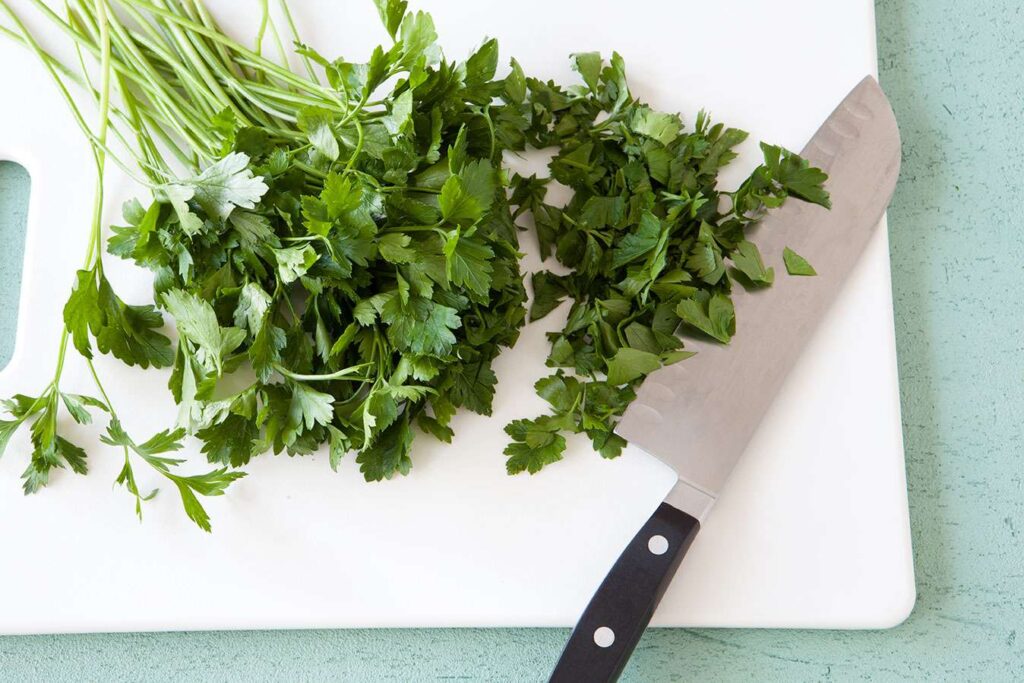
Managing the Soapy Taste of Carrots
While encountering carrots that taste like soap can be frustrating, there are ways to manage and minimize this phenomenon. Here are a few strategies that you can try:
Selecting Specific Carrot Varieties
As discussed earlier, some carrot varieties are more likely to have a soapy taste due to their genetic makeup. By experimenting with different carrot varieties, you may find ones that suit your taste preferences better. It’s worth exploring local farmers’ markets or specialty stores that offer a wider range of carrot varieties to expand your options.
Proper Washing and Handling Techniques
To reduce the chance of cross-contamination with soap, ensure that your utensils and surfaces are thoroughly rinsed before coming into contact with carrots. When washing the carrots, use clean water and rinse them thoroughly to remove any potential traces of soap. Additionally, allowing the carrots to air dry after washing can help minimize their exposure to chlorine in tap water. By adopting proper washing and handling techniques, you can minimize the risk of encountering the soapy taste in your carrots.
Conclusion
While the exact cause of why some carrots taste like soap may still be a mystery, exploring the possible factors can provide valuable insights into this peculiar phenomenon. Genetic variation, the presence of volatile compounds, cross-contamination with soap, the effect of soil composition, and the reaction with chemicals in water all contribute to the taste of carrots and could explain the occasional soapy flavor. By understanding these factors and implementing strategies such as selecting specific carrot varieties and adopting proper washing techniques, you can better manage and mitigate the soapy taste of carrots. So, next time you take a bite of a carrot and it tastes like soap, remember that you’re not alone, and there are steps you can take to enhance your carrot-eating experience.
